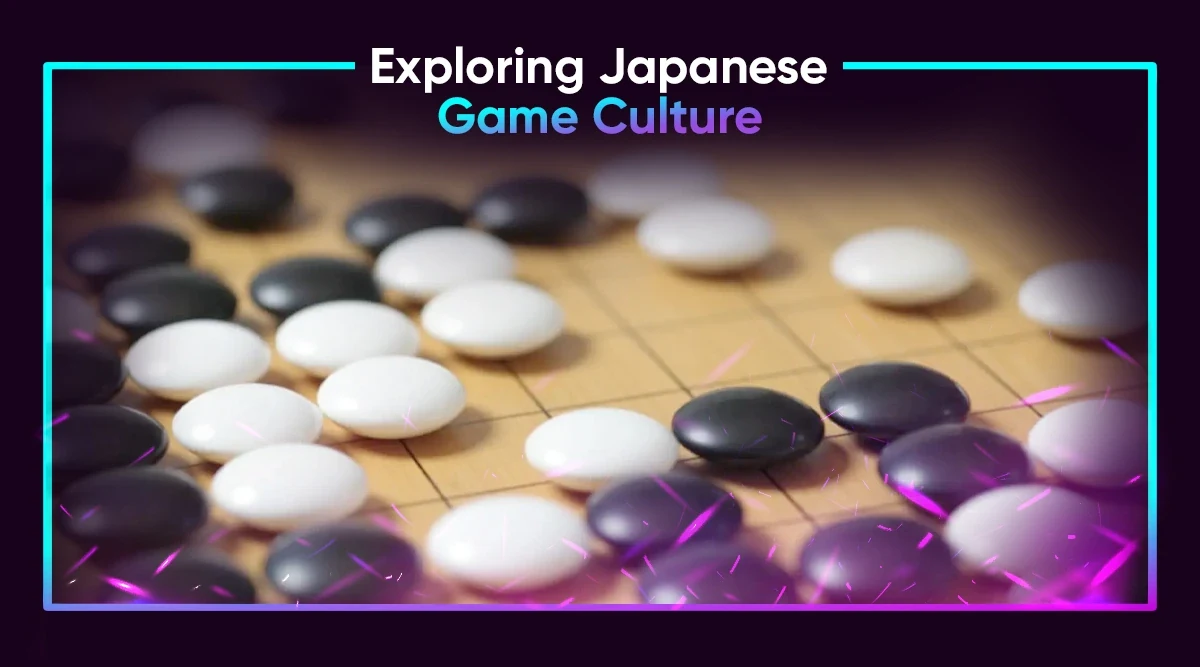
Most board games available at the online casino have roots or links to China or the Western world, like Pai Gow Poker, Chess, etc. The rare ones are the Japanese board games, which have a rich cultural heritage. However, recently, with their unique blend of skills, strategic thinking, and luck, they are attracting new players. In today’s casino news, we’ll unveil some of the best Japanese board games making waves to date.
Japanese Board Games: Mind and Skill Beyond the Board
Below are some games that are common in Japan. You will notice that they all have a unique game style.













